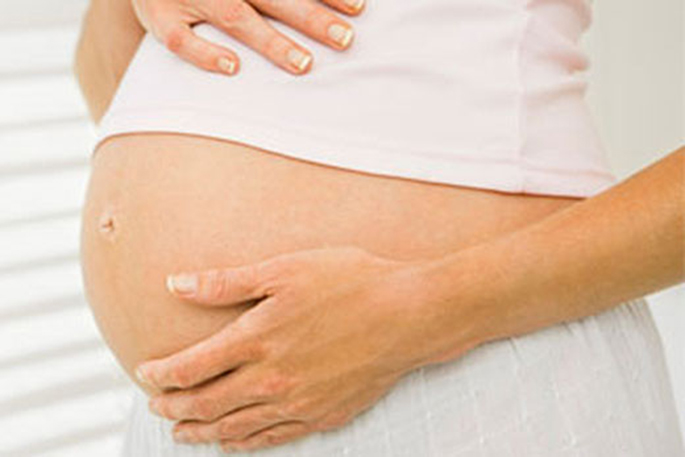A pregnant woman has lost her baby following an initial failure by DHB staff to diagnose her diabetic ketoacidosis.
Health and Disability Commissioner Anthony Hill has released a report finding MidCentral DHB in Palmerston North in breach of the Code of Health and Disability Services Consumers' Rights (the Code) for the care provided to the woman, who had diabetes.
The woman in her thirties with Type 1 diabetes mellitus was pregnant for the third time. The woman had been a diabetic since she was a child, and was under the care of a joint multidisciplinary service (the Service).
However, she had not been informed about the signs and symptoms of diabetic ketoacidosis (DKA), a serious complication of diabetes when the body produces high levels of ketones.
When she was 31 weeks pregnant, the woman presented at the hospital emergency department (ED) with a headache, nausea and general illness. She was sent directly to the maternity unit without being triaged in ED.
The woman told staff she had Type 1 diabetes mellitus and that she was under specialist obstetric and endocrinologist care. However, the Service was not advised of her admission.
The woman was given IV fluids and analgesia for her headache. There is no record of her urine having been checked for ketones following the administration of fluids.
Her condition improved overnight with hydration and she was discharged the following day. She became unwell again and, in the early hours of the following morning, she represented at ED. The woman was seen by the ED registrar and obstetric team and a diagnosis of probable DKA was made.
Given the woman's life-threatening condition, an emergency Caesarean was performed and a stillborn infant was delivered.
The commissioner considers the DHB team had sufficient information to provide the woman with appropriate care.
However, a series of judgment and communication failures meant that it did not do so.
For instance, the signs and symptoms that she might expect to experience should she be suffering from DKA were not communicated to her adequately, the Service was not contacted when she presented to ED and, during her admission, various tests were not carried out.
The commissioner has made a number of recommendations to the DHB, including a review of relevant policies and protocols relating to staffing at the Service, patient information resources on diabetes management in pregnancy and a diabetes assessment and education checklist to include DKA.
It is also recommended that the DHB review the training provided to resident medical officers on assessing patients, triaging and supervision of junior doctors.



2 comments
Feel sorry for everyone involved
Posted on 23-05-2017 14:31 | By Papamoaner
Tragic for the patient. Medicine is a complex business. Accurate diagnosis must be a challenge in complicated situations. The prospect of Inaccurate diagnosis must haunt doctors and nurses daily. They have an additional threat hovering over them - the blame industry! In younger days I had a climbing companion who was a house surgeon. He always worried that if there was an accident, people in the group would expect him to know what to do. The reality is that experienced first aiders are in a better position. The point is not widely appreciated, so people tend to have unrealistic expectations. The pressures of working in a hospital must be very high, sadly not reflected in their pay.
raises questions
Posted on 23-05-2017 17:43 | By PaulineG
Why at 31 weeks pregnant with third child had her midwife, or someone under the Specialist Obstetric and Endocrinologist care not informed her of the dangers of type 1 diabetes in pregnancy and the risks involved with the possibility of getting DKA ??... would you not think this would be important information for the mother to be.
Leave a Comment
You must be logged in to make a comment.